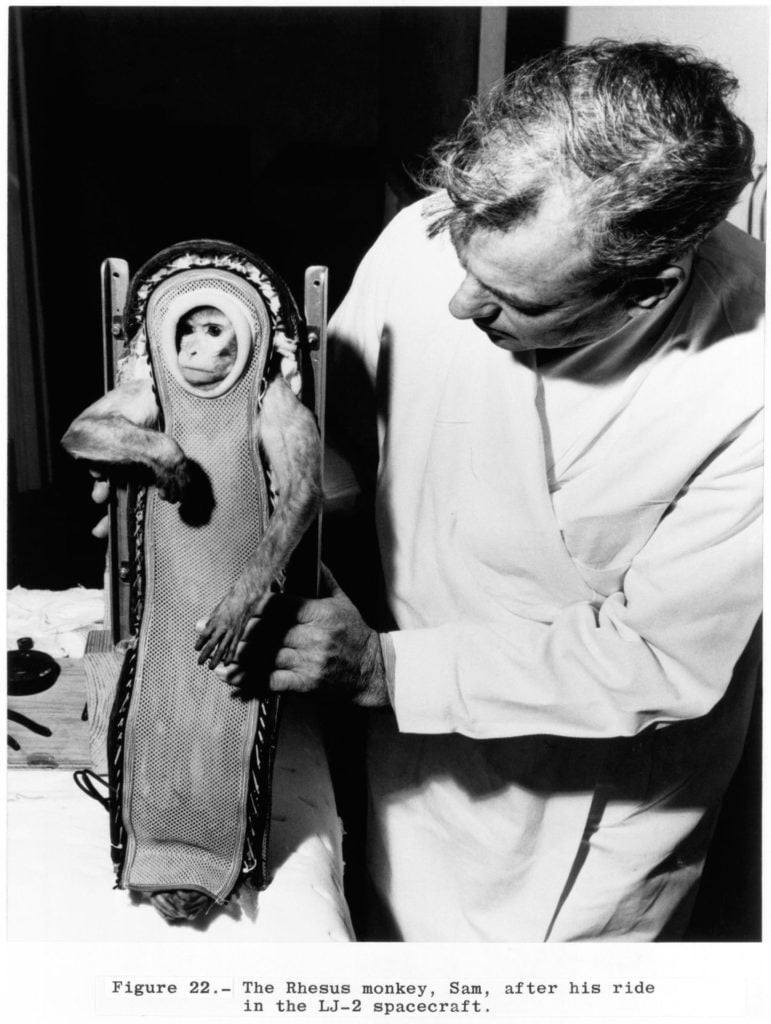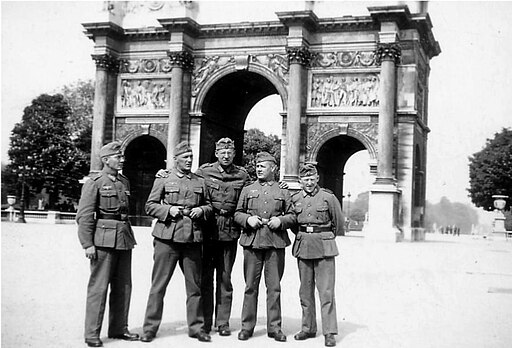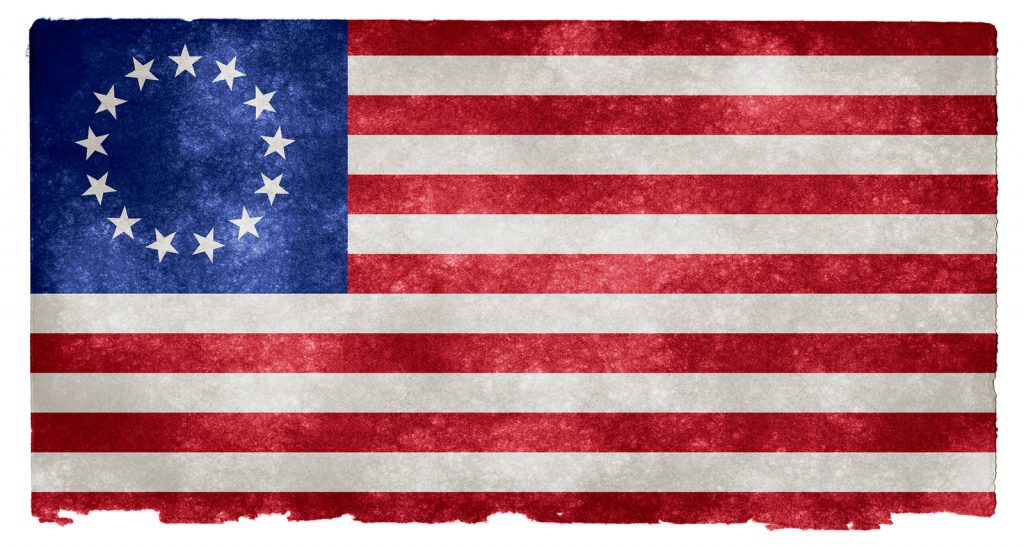A closer look at key historic events that took place on June 14:
In 2002, a large asteroid just misses the Earth
2002 MN, a 73-meter asteroid, came within a distance of 120,000 km from Earth, three times closer than the Moon. It is the second closest asteroid encounter after 1994 XM1.
In 1982, the Falkland Islands War ends
The War concluded when the large Argentine garrison at Port Stanley surrendered to the British, marking the end of a ten week conflict. The war resulted in the restoration of British control over the Falkland Islands.

A man carries Argentina’s national flag in front of the wall with names of those who died in the 1982 war between Britain and Argentina in the Falkland Islands, known to Argentines as ‘Malvinas’, at the memorial dedicated to them as today marks the 35th anniversary of the war, in Buenos Aires, Argentina, April 2, 2017. REUTERS/Martin Acosta
In 1949, Albert II becomes the first monkey in space
Albert II, a rhesus monkey, achieved the milestone of becoming the first primate to reach space aboard a V-2 rocket launched by the United States. He reached an altitude of 134km, but, tragically, did not survive the mission due to parachute failure upon reentry.

S63-19199 (4 Dec. 1959) — Sam, the Rhesus monkey, and his handler after his ride in the Little Joe 2 (LJ-2) spacecraft. He is still encased in his contour couch. A U.S. Navy destroyer safely recovered Sam after he experienced three minutes of weightlessness during the flight. Photo credit: NASA
The first transport was made of Polish political prisoners on June 14. It marked the beginning of what became Nazi Germany’s largest concentration camp, where more than one million people died.
In 1940, German forces enter Paris
This occupation of the French capital symbolized the fall of France to Nazi Germany’s Blitzkrieg tactics, which overwhelmed French defenses and led to the establishment of a German occupation regime. The occupation of Paris lasted until its liberation in 1944 during the Allied invasion of Normandy.

English: Soldiers of German Wehrmacht in front of the Arc de Triomphe du Carrousel in the occupied Paris, 1940. Wikimedia Commons
In 1777, the first national flag of the US is approved
The Continental Congress passed the Flag Act, officially approving the “Stars and Stripes” flag, which featured thirteen alternating red and white stripes symbolizing the original thirteen colonies, with a blue canton containing thirteen white stars representing a new constellation.
– Don’t miss out on To Vima’s daily “On this Day in History” posts.






